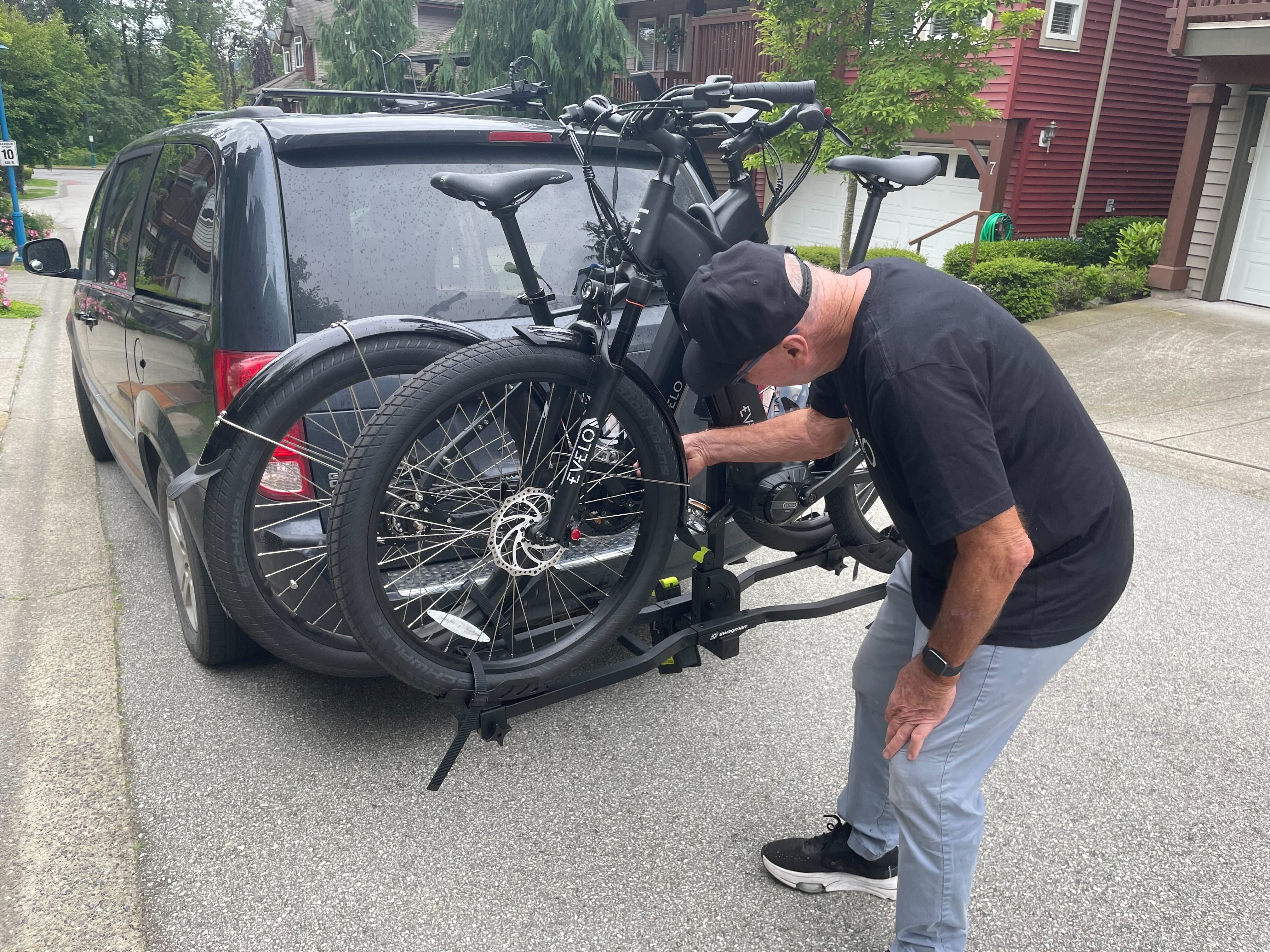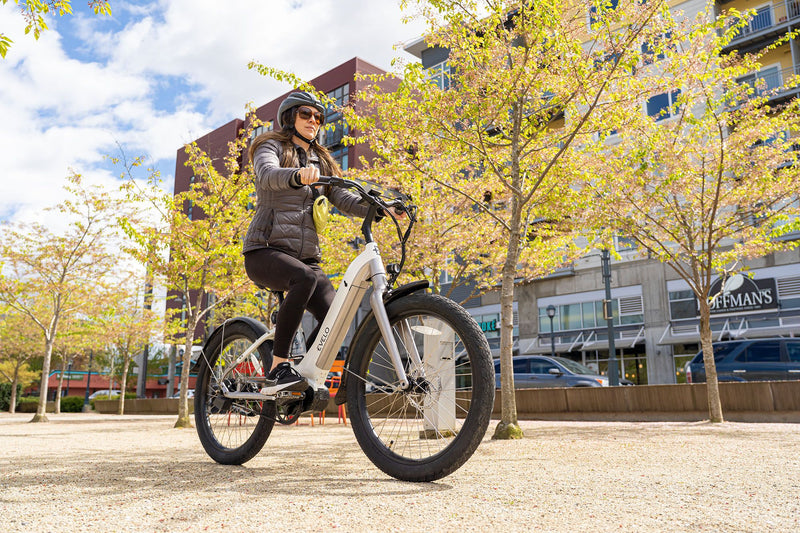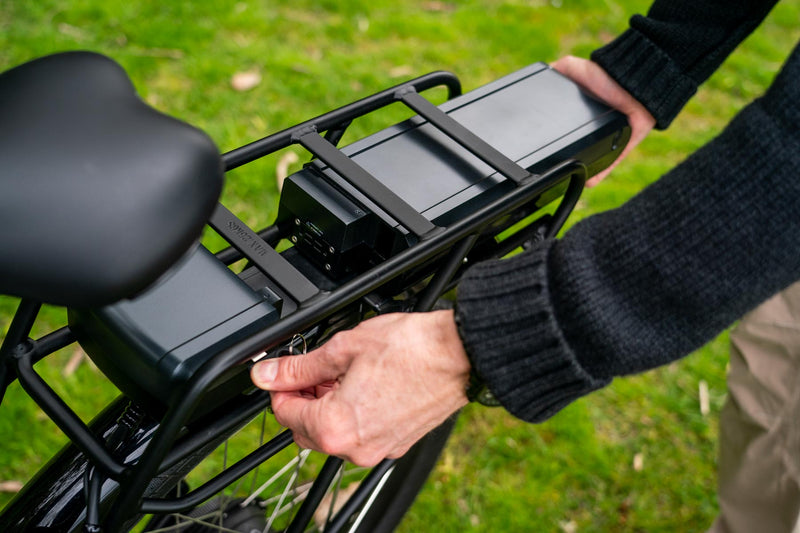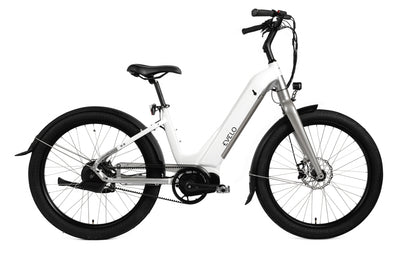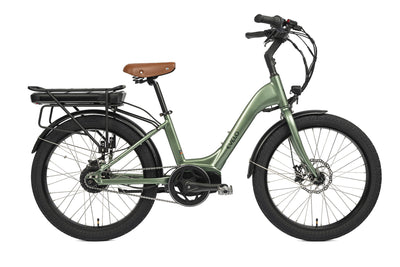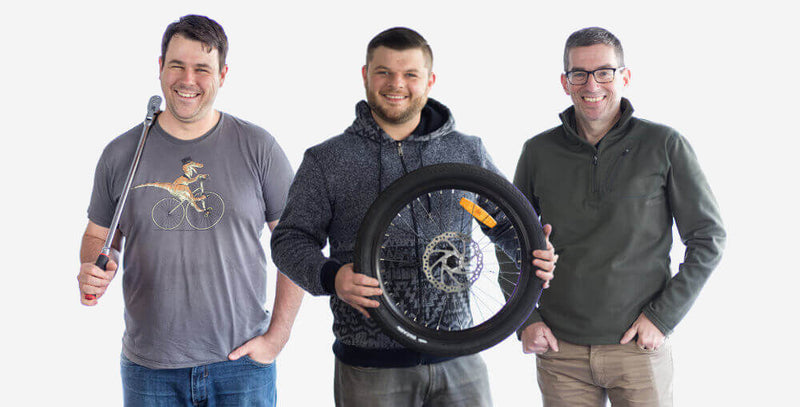As EVELO continues our fourth year of operations, we keep working towards becoming a company that our customers are proud to do business with, where our team members look forward to working at, and where we always aim to do things a bit different from the rest.
One thing becoming increasingly important to me, as the company’s co-founder and CEO, is transparency. I strongly believe that the more transparent we are – as a company – the stronger the relationship we build with our customers and the better the environment we create for all of our team members.
I started this blog series in an effort to make this goal of transparency to a new level. Traditionally, businesses tend to be very closed off with their internal financials, product ideas, trade secrets, and other things of that nature. However, we believe that by being more open and transparent with these things, it helps to foster trust and a connection between us and our customers. I want to put my money where my mouth is (so to speak) and take you – our reader, our customer – behind the scenes to show you exactly how your money gets spent when you purchase an electric bike from us.
Given the fairly high price of an electric bike in today’s market – ranging between $1,500 to $15,000 with a plethora of options available – I’m fairly certain you have wondered why they are priced as they are.
Let’s take the example of one of the most popular models we sell –the Aurora model with a NuVinci N360 upgrade that retails for around $2,524 (other models with this upgrade also retail at around the same price point) and break down where the money actually goes. All of the figures are taken from our own internal planning documents for 2015.
If you buy a complete electric bike from us, here’s how your money is allocated:
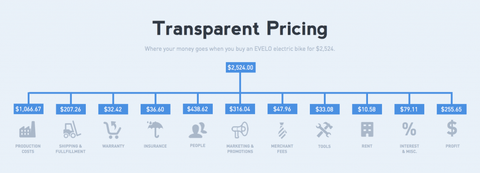
|
Production Cost |
42.3% |
$ 1,066.67 |
|
Shipping From Factory to Our Distribution Center |
1.7% |
$ 42.80 |
|
Warehousing & Fulfillment Costs |
1.2% |
$ 31.27 |
|
Shipping to Customer |
5.3% |
$ 133.19 |
|
Warranty/Claims Reimbursements |
1.3% |
$ 32.42 |
|
Insurance Expense |
1.5% |
$ 36.60 |
|
Human Resources |
17.4% |
$ 438.62 |
|
Marketing Costs |
9.0% |
$ 227.70 |
|
Promotions |
3.5% |
$ 88.34 |
|
Merchant Fees |
1.9% |
$ 47.96 |
|
Interest Expense |
0.8% |
$ 20.82 |
|
Phone & Call Center Expenses |
0.5% |
$ 12.26 |
|
Web Services |
0.8% |
$ 20.82 |
|
Rent Expense |
0.4% |
$ 10.58 |
|
Miscellaneous Expenses |
2.3% |
$ 58.29 |
|
Profit |
10.1% |
$ 255.65 |
Let’s break down these expenses a bit further, so you get a better idea of how the funds are spent.
Production Costs – 42.3% or $1,066.67
This category includes what we pay for the actual components and labor required to assemble them.
We collaborate with two factories to meticulously assemble and test every single one of our complete bikes and Omni Wheels.
Keep in mind, however, that this product costs only cover the first step in getting the bike from the assembly line to the end-user. Below are other necessary components:
Shipping From Factory to Our Distribution Center – 1.7% or $42.80
We carry out many production runs throughout the year, which allows us to better control quality and make continuous improvements to the bikes. Each time a production run of bikes is completed, and each bike has gone through a quality control process, we ship them to our primary warehouse and distribution center near Seattle.
About 2% or $42.80 will be spent to get your bike to the Seattle seaport, process it through customs, have it delivered to the warehouse, and then be unloaded, checked, and placed into inventory.
Warehousing & Fulfillment Costs – 1.2% or $31.27
Another 1% or $31.27 will be spent at the warehouse itself – for storage fees and the labor involved in preparing a bike for individual shipment to a customer.
Shipping to Customer – 5% or $133.19
We ship to customers all over the U.S. and Canada – typically via FedEx Ground or UPS Ground.
Due to the high volume of shipments that our warehouse processes, we get a pretty good rate with the major carriers. While the actual cost varies depending on the destination, shipping tends to cost around $130-140 per bike.
The cost is high partly because of the way we package the bikes – using double boxes with specialty wood inserts to protect the bike inside. This packaging adds to the weight and cost of shipping but ensures that the bike arrives in pristine condition.
Warranty & Claim Reimbursements – 1.3% or $32.42
While we are proud of continuously improving our product and so that every bike will serve our customers well for thousands of miles, we are also pretty focused on ensuring that if a problem does occur, we’re here to help.
Warranty and claim reimbursements cover the cost of spare parts, shipping them to customers, and any other expenses associated with covering our customers under warranty.
With a product as complex as an electric bike, problems can occur – but we’re definitely working hard to ensure that all issues are resolved quickly and painlessly.
Insurance Expense – 1.5% or $36.60
We have an umbrella insurance policy — something that is quite important for any company that sells a product as complex as an electric bike. $36.60 or 1.5% goes towards this policy and ensuring that our customers are well-protected.
Human Resources – 17.4% or $438.62
We often say that the bike itself is only half of the product that we offer, with the rest being the customer service that we provide before and after the sale. In fact, the Human Resources category is the second biggest expense category (after the production costs).
We run a fairly lean team, but at the same time offer some unique elements (especially for an online business), such as providing customer support 7 days a week and guaranteeing responses to all inquiries within 24 hours.

Here is a further breakdown of what is involved in that 17.4% or $438.62:
• 45.8% or $200.69 goes towards our customer service and back-office team. These are the folks that you’ll interact with when you reach out to us with questions before or after purchasing an EVELO bike. They are also the ones who help coordinate test rides between you and an Ambassador and ensure that your bike gets to you quickly.
• 5.6% or $24.64 goes towards our quality control team. We ensure that every production run, every single bike is individually tested and inspected – and these are the people responsible for that.
• The remaining 48.6% or $213.30 is spread out among all of the other team members who work to continuously improve the product and operations.
Marketing Costs – 9% or $227.70
To grow the company, we allocate around 9% of our budget to marketing programs, including our fairly unique and pioneering Ambassador Program.
Since we don’t generally sell through dealers, we have developed a network of Ambassadors who are available to provide test rides and to share their experiences with potential customers. Every time we connect a potential customer with an Ambassador, the Ambassador receives a “thank you” payment from us for their help. The best part is that this program is available to all of our customers – any EVELO owner can become an Ambassador and also generate a revenue stream from their bike.
Promotions – 3.5% or $88.34
At times, we’ll give out extras to our customers like free pannier bags or an extended-warranty on their purchase. As well, to make a bike more comfortable for a taller rider, sometimes we’ll include a free seat post extension.
We also have other promotional programs like a “100% Seat Satisfaction Guarantee” which ensures that our customer is 100% satisfied with the seat that comes on their EVELO bike. If not, he or she can purchase a seat of their choice at a local bike shop and we’ll reimburse them for it.
All of these promotional items of this sort are accounted for here.
Merchant Fees – 1.9% or $47.96
Since most of our customers use a credit card for their purchase, we pay 1.9% or $47.96 to our merchant processor to accept the credit cards.
Interest Expense – 0.8% or $20.82
Most businesses that sell physical goods, especially seasonal items like bikes, work with banks to finance the purchase of inventory. The production time for our bikes is a lengthy 3 to 4 months, each year we ensure that we have adequate inventory for our customers by arranging inventory financing through our partner banks. Around 0.8% or $20.82 goes towards the interest fees from that financing.
Phone & Call Center Expenses – 0.5% or $12.26
Our customer service team spends hours on the phone each day talking with our customers, for both pre-sale inquiries and after-sale questions. We love talking to our customers, so we don’t mind! But the phone bills do add up.
We use a third-party call-center to process phone calls during off-hours (e.g. after 10 pm) and really busy periods. This ensures that every single call gets answered by a real, live person – 24/7/365 — and the call center takes down key information and forwards the request to the team member best equipped to help.
Web Services – 0.8% or $20.82
As primarily an online company, we use a lot of different web services – from Shopify to manage our online transactions, to FreshDesk to manage customer inquiries and Dropbox for managing all of our documentation in the cloud.
Rent Expense – 0.4% or $10.58
Our company is headquartered in New York City where we rent a small office. However, much of our team is based remotely in different locations around the U.S. This helps us keep overhead low, while also being able to provide service on both coasts, 7 days a week.
Miscellaneous – 2.3% or $ 58.29
A collection of miscellaneous expenses – accounting for less than half a percent of the purchase price – are combined in this category.
Profit – 10.1% or $255.65
And now we get to the one category that people wonder most about. How much profit is made on each electric bike sold?
For a bike that costs $2,524, EVELO makes about $250 in profit. We use these funds to grow the company, invest in bringing new products to you, improve the customer service experience, and ensuring that we’re here to back up and protect your investment for years to come.
We’d love to hear from others – individuals and business owners – with your thoughts on this type of profit margin? Do you feel it’s too big? Too small? Just right? Please share your thoughts in the comments section!
WHERE DO WE GO FROM HERE?
The reason I wanted to share this information is because I believe it will help our customers — and those interested in electric bikes — understand our pricing and our business as a whole.
We truly strive to find a deliver a great experience to our customers, while charging a price that is fair and that allows us to keep working hard for existing and future purchasers of our products.
It would be great to hear what you think stands out about our costs and how we operate and whether you see things we could improve on.
Thanks for being part of this incredible journey with us, exploring a new way to do business, and making things as transparent and accessible as possible.
If you’d like to read more posts about work being done Behind the Scenes at EVELO, I invite you to take a look at some of the other recent posts:
- Reinventing the Conventional Distribution Channels or Why We Don’t Distribute Through Dealers
- Why Our Customers Offer to Buy us Beer or 5 Ways We Improved the Customer Service Experience
- Why I rode 4,000 miles across the United States to test our bikes?
- Why the EVELO CEO wants to talk to every single customer on the phone



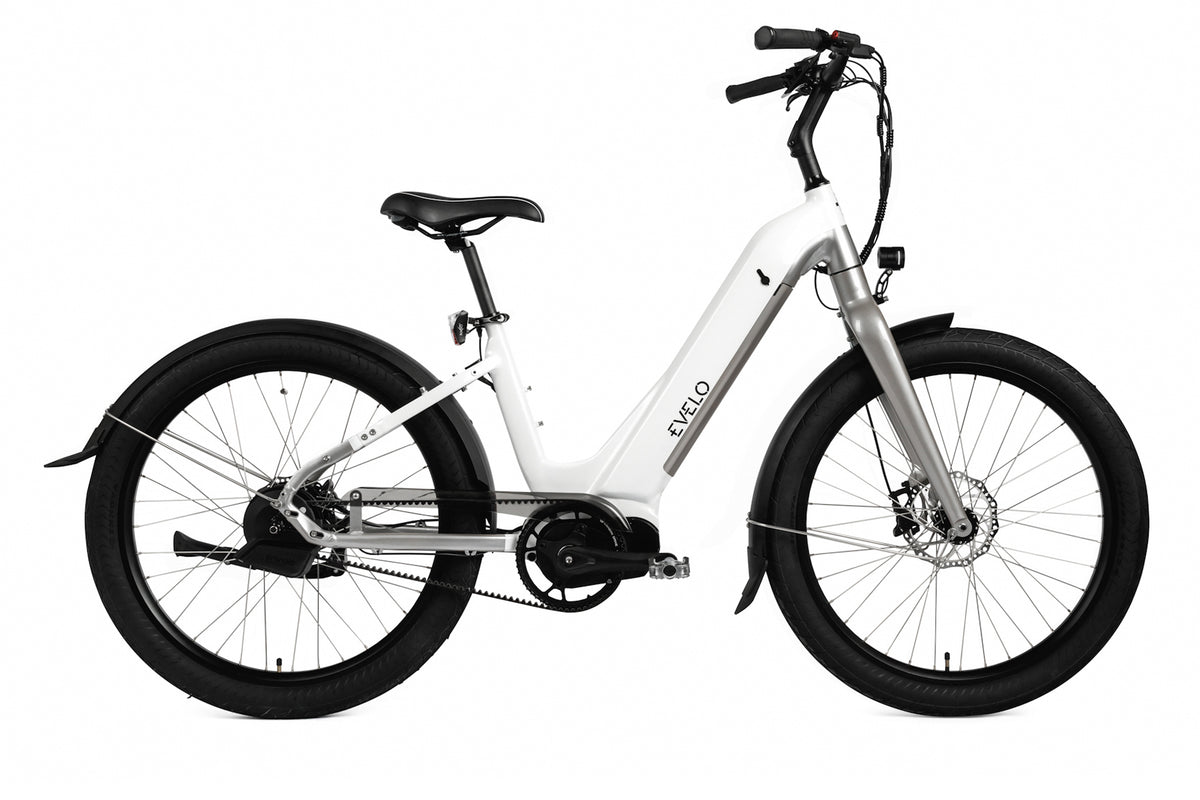
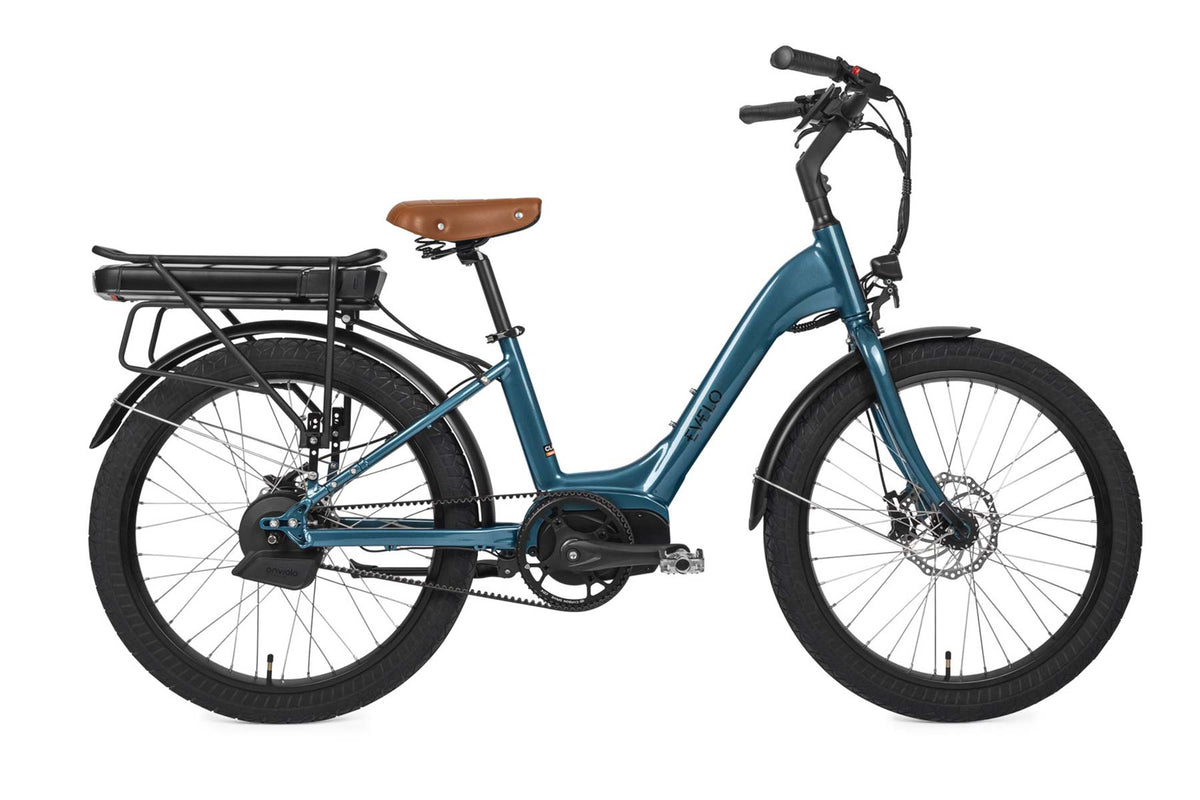
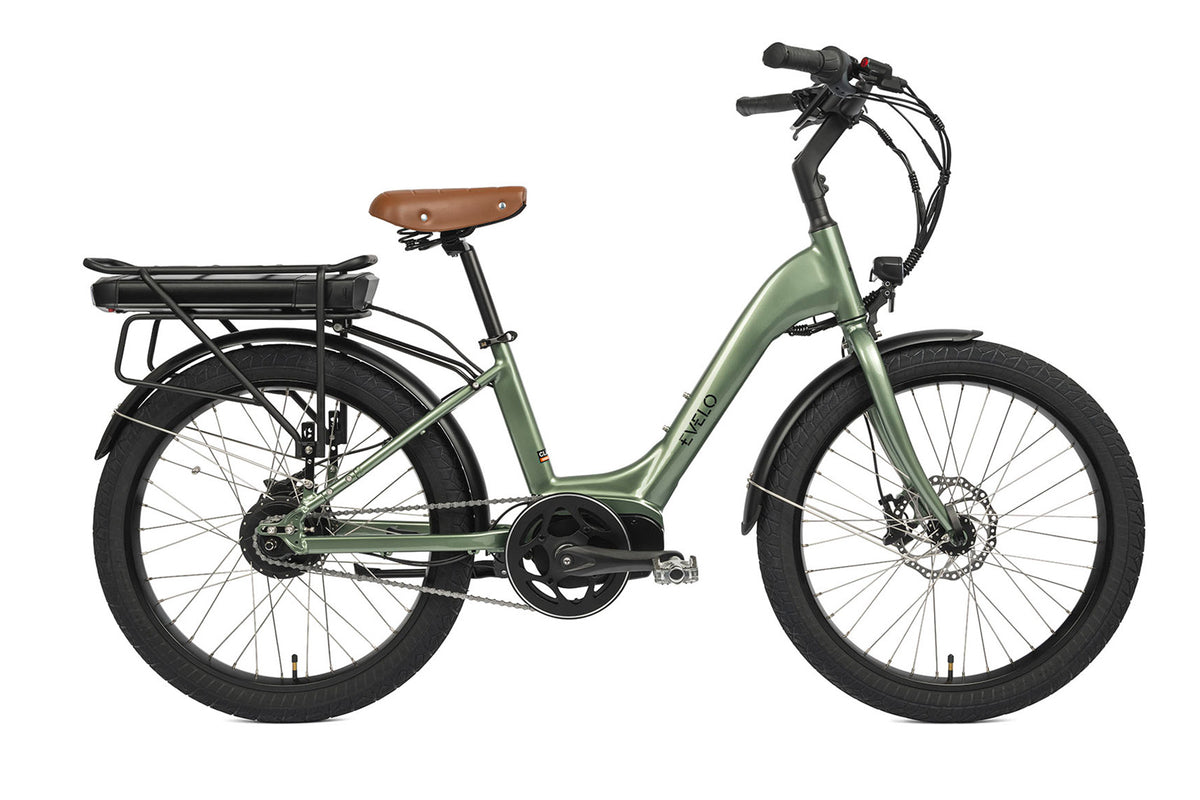
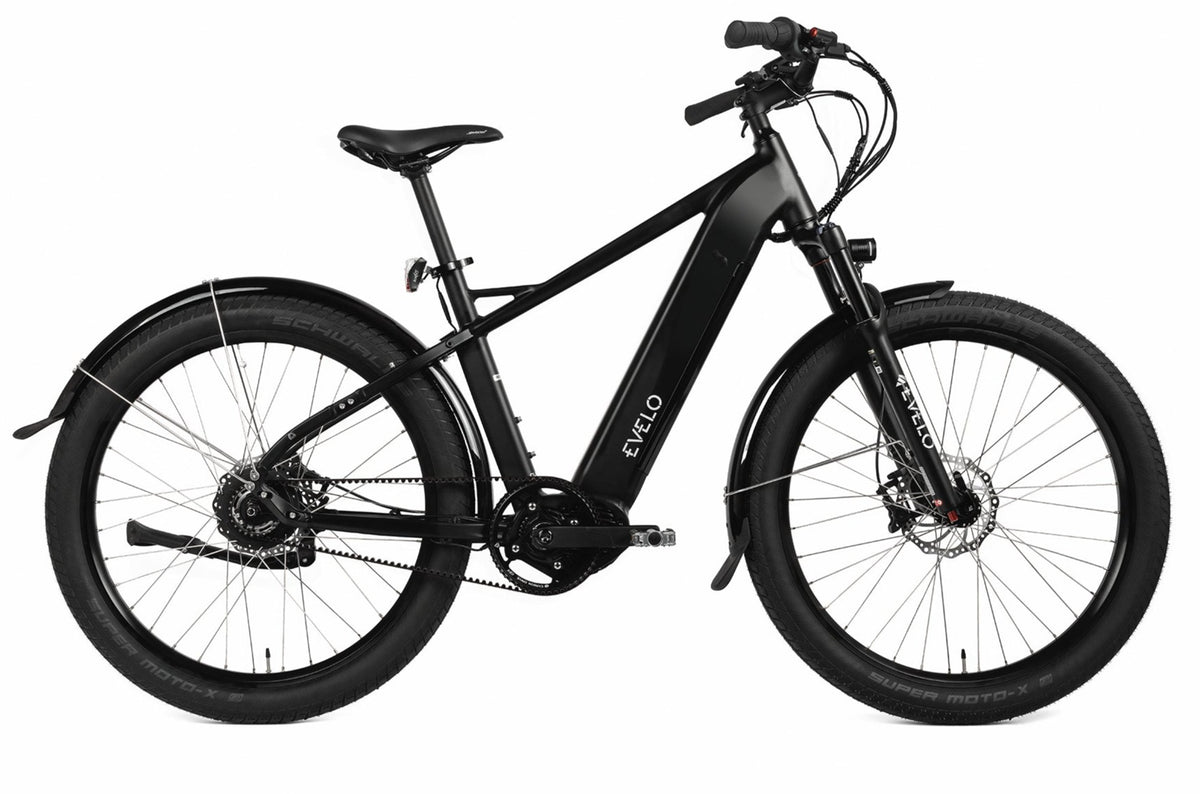
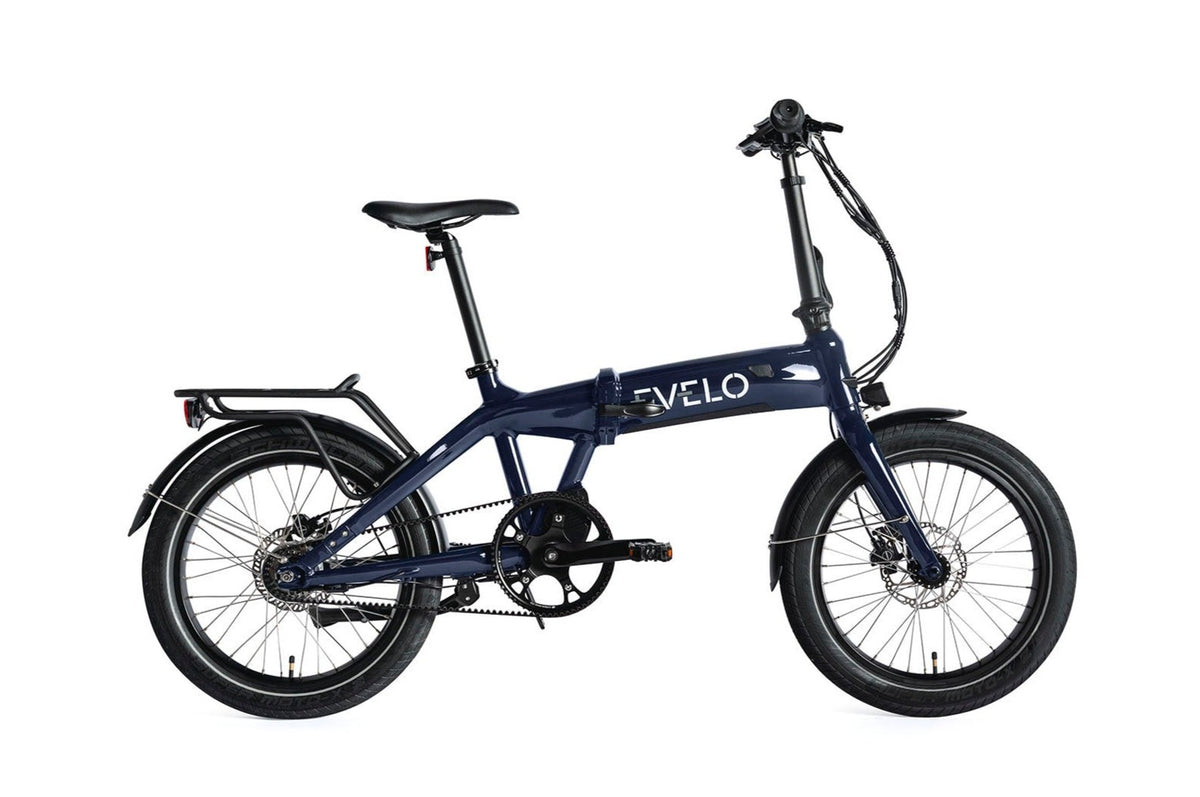
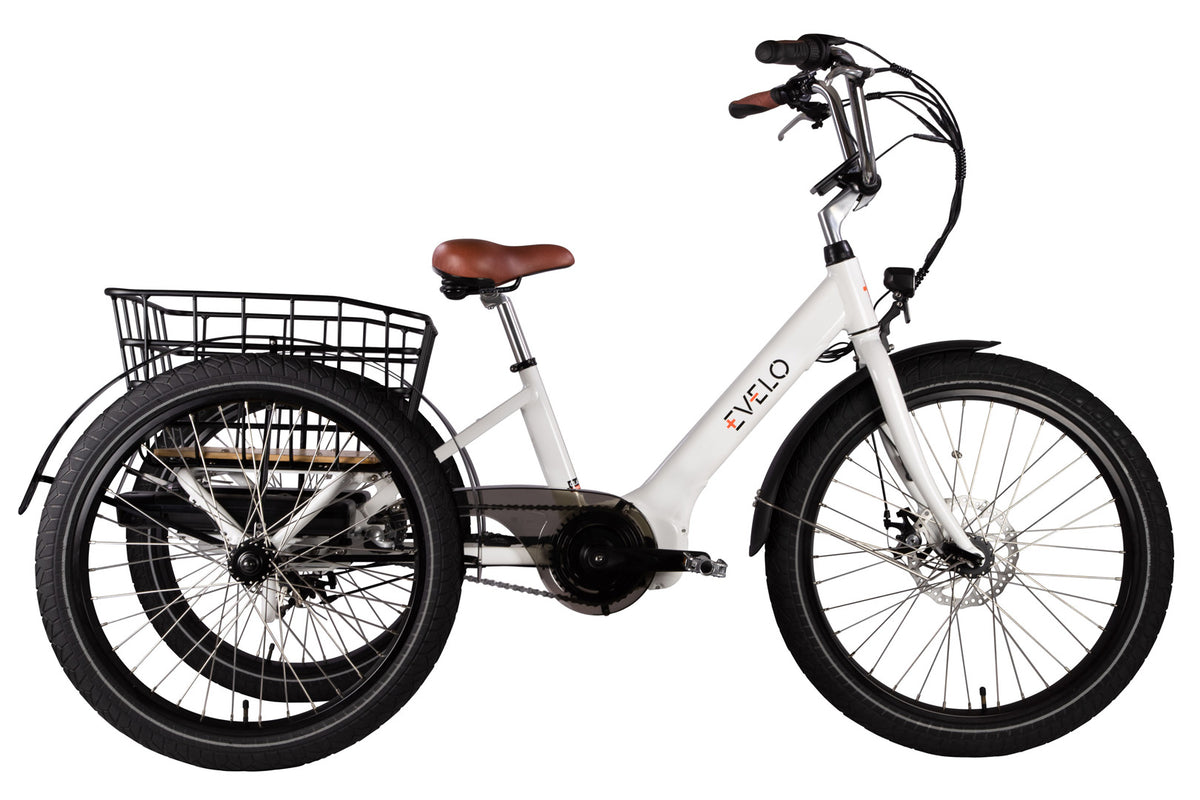
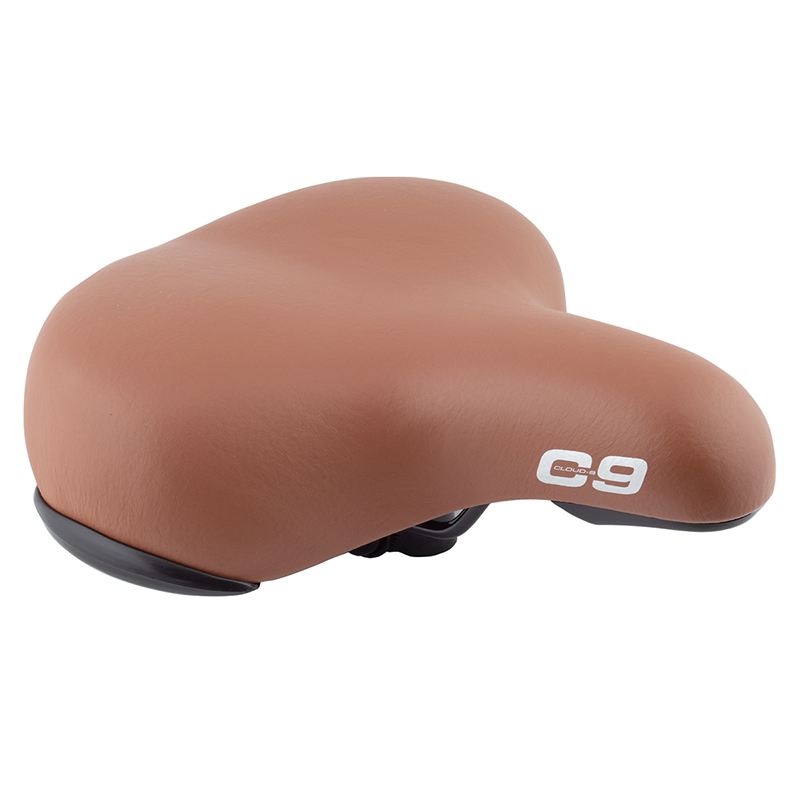
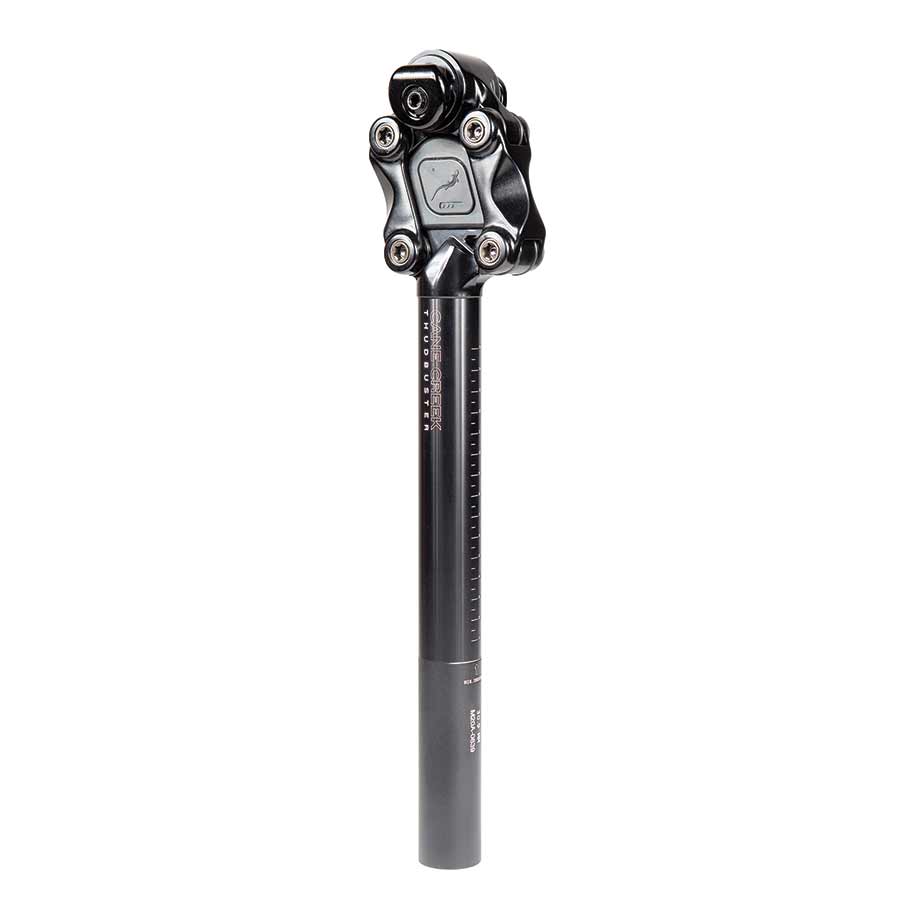
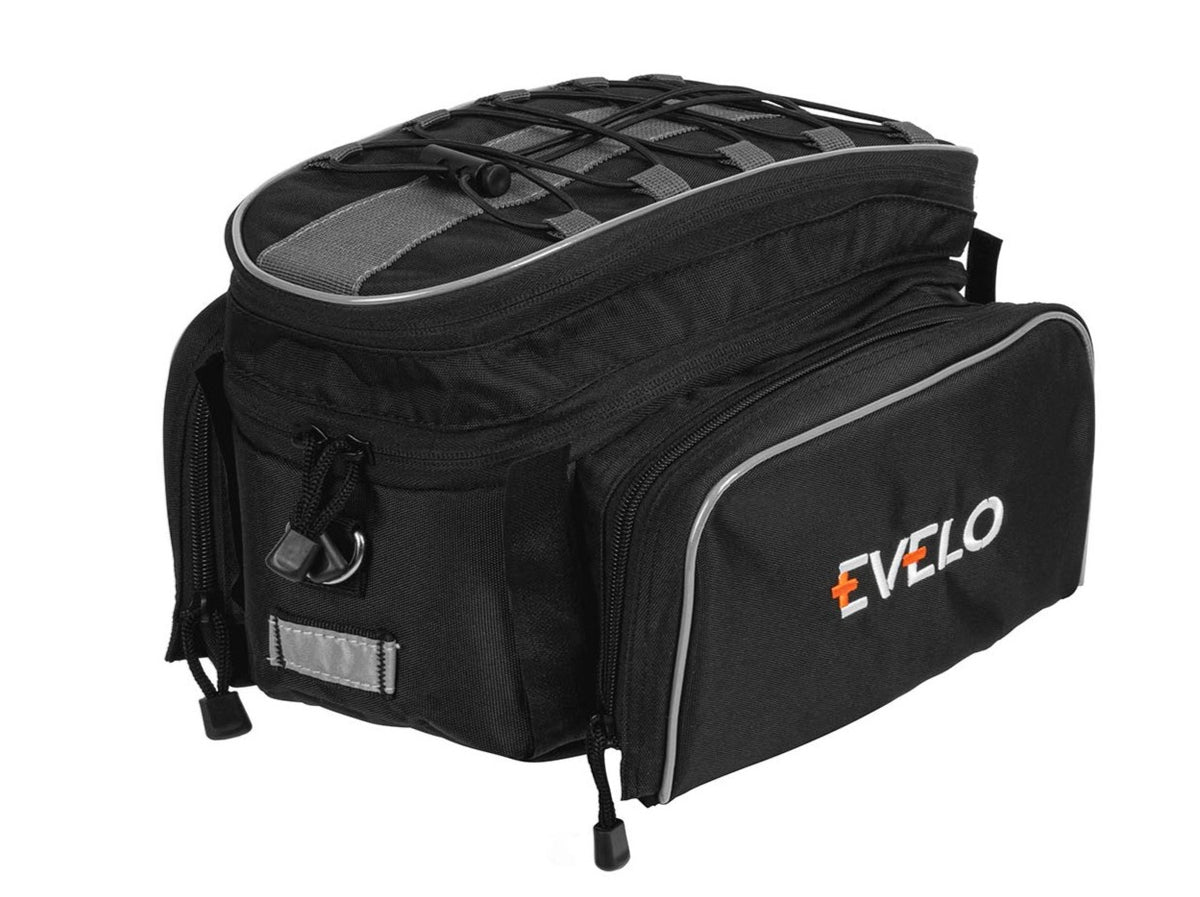
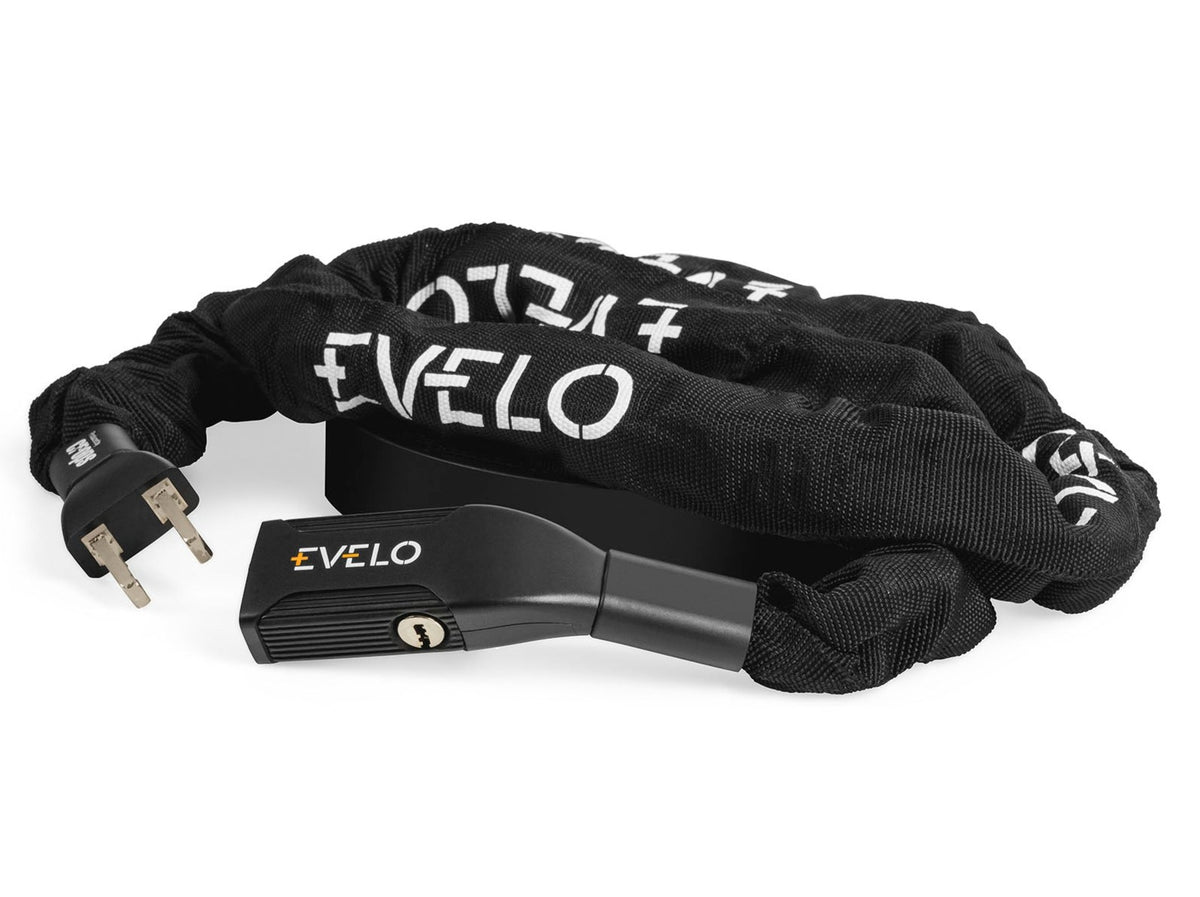
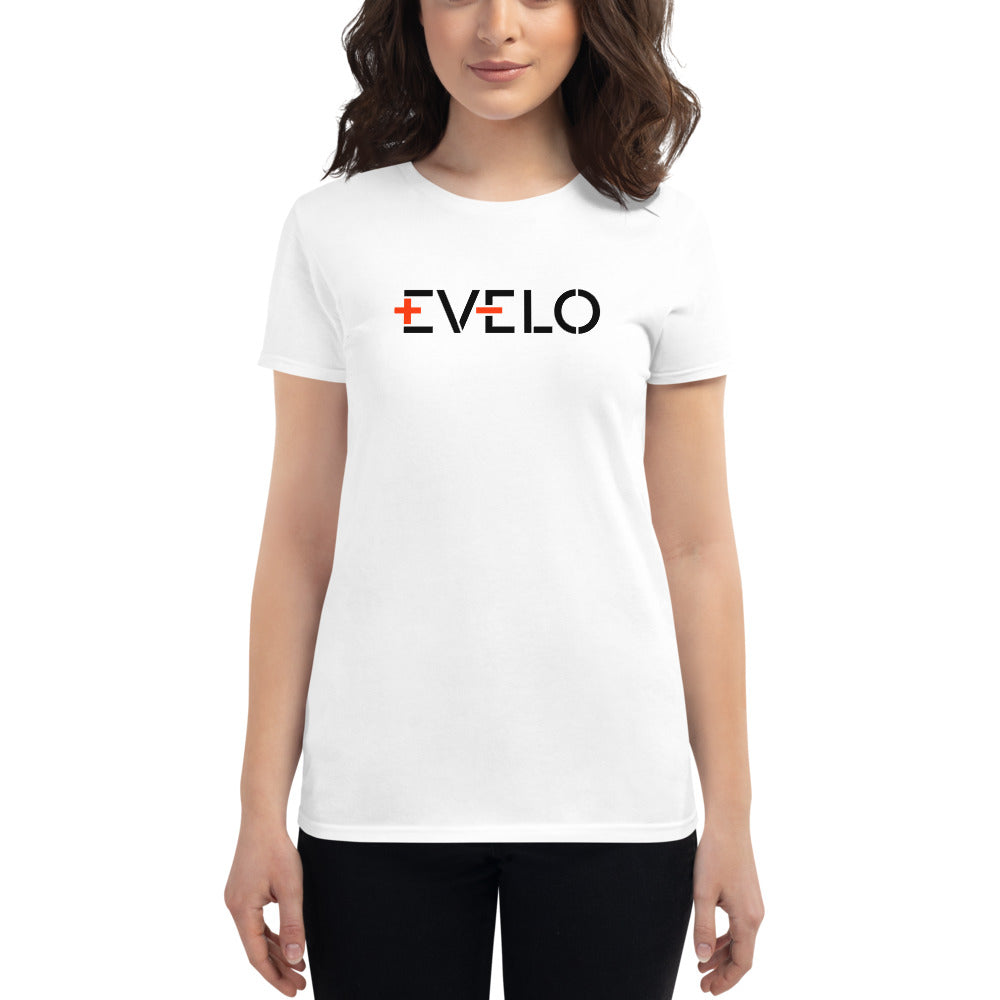
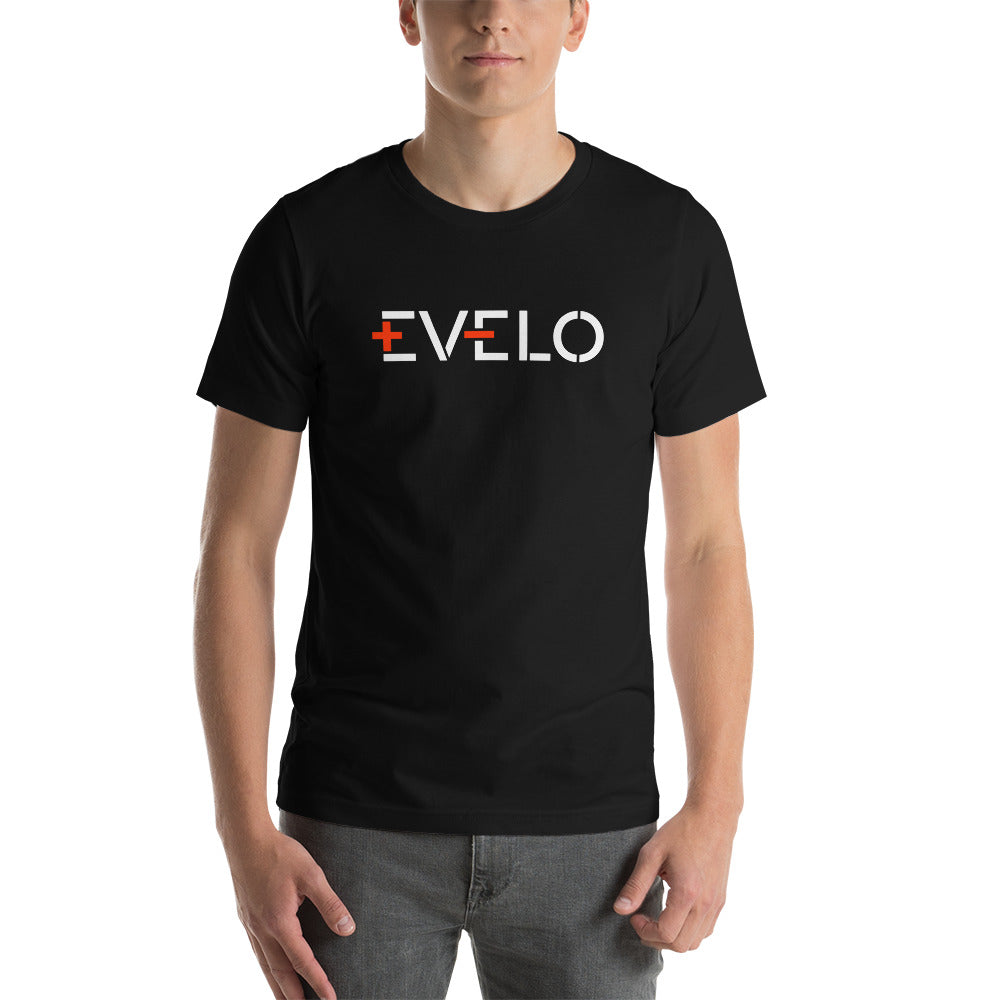
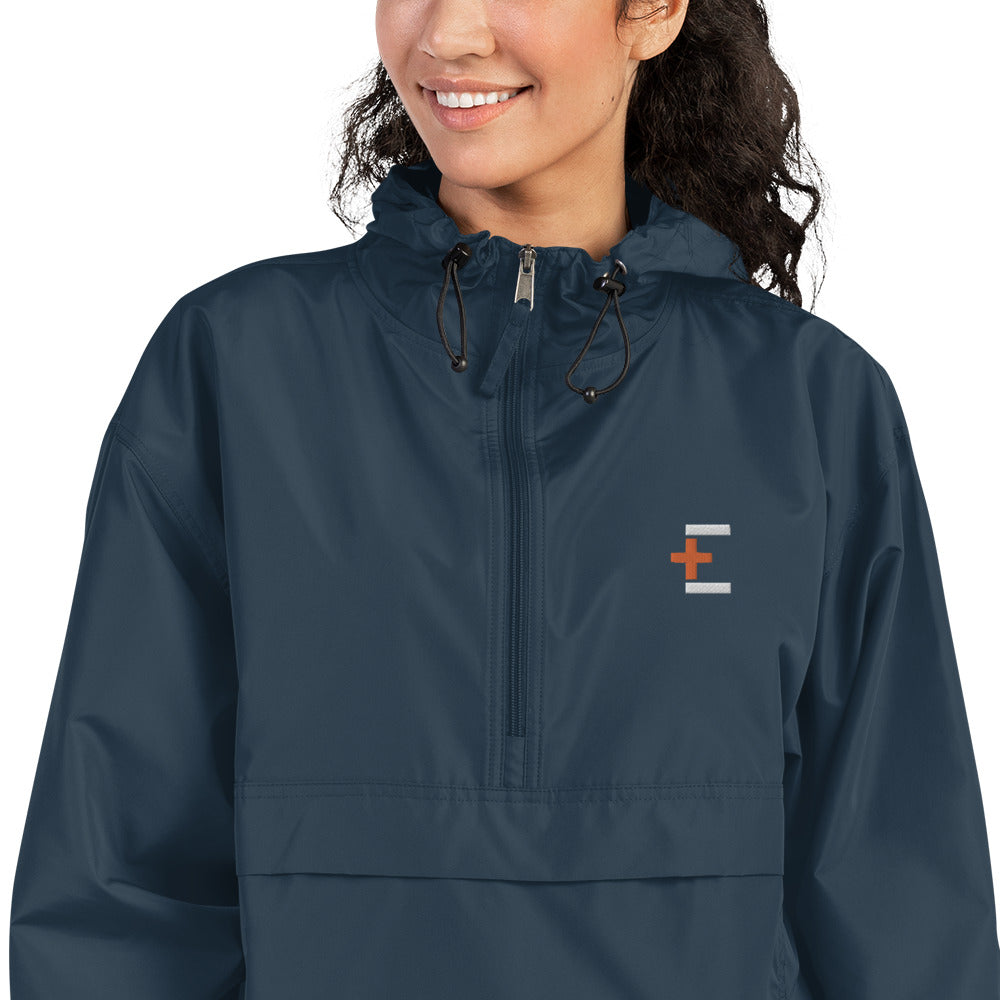
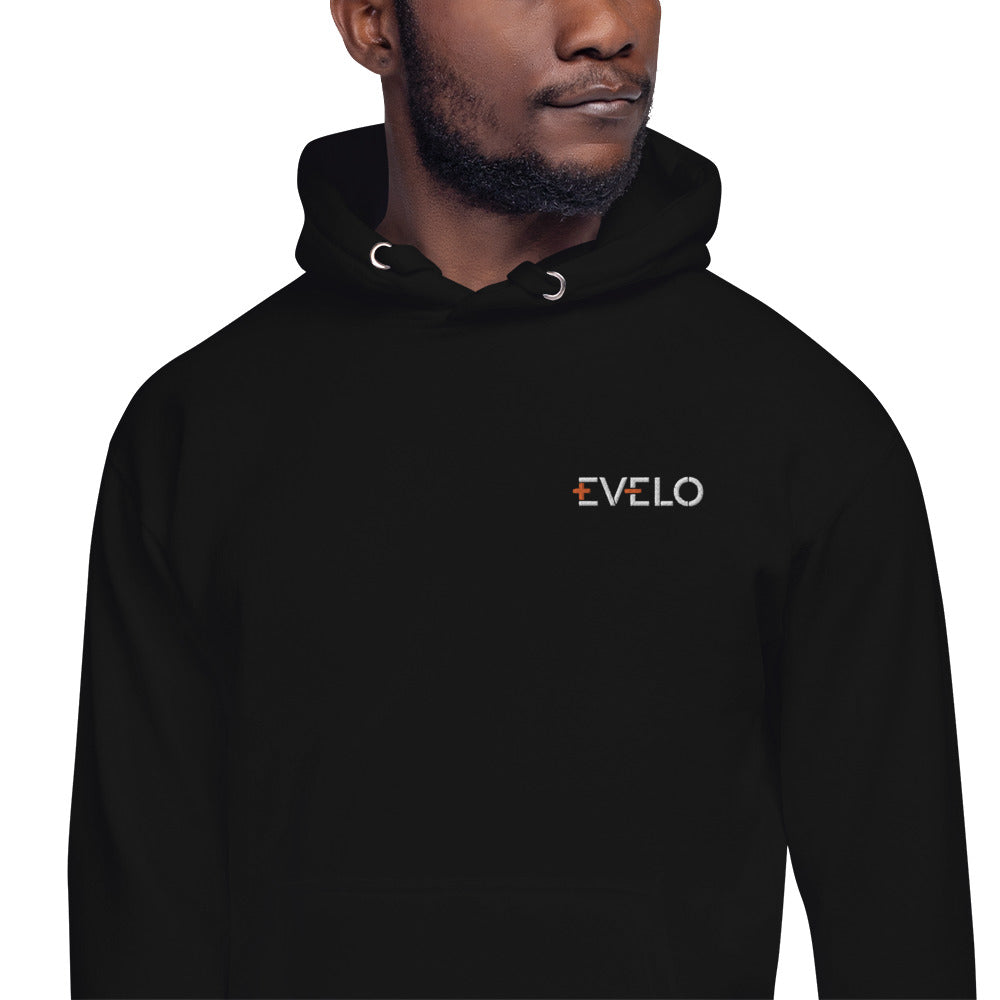
 Easy Assembly
Easy Assembly
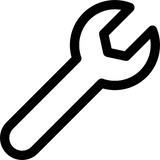 Service and Repairs
Service and Repairs
 Ebike Articles & Content
Ebike Articles & Content
